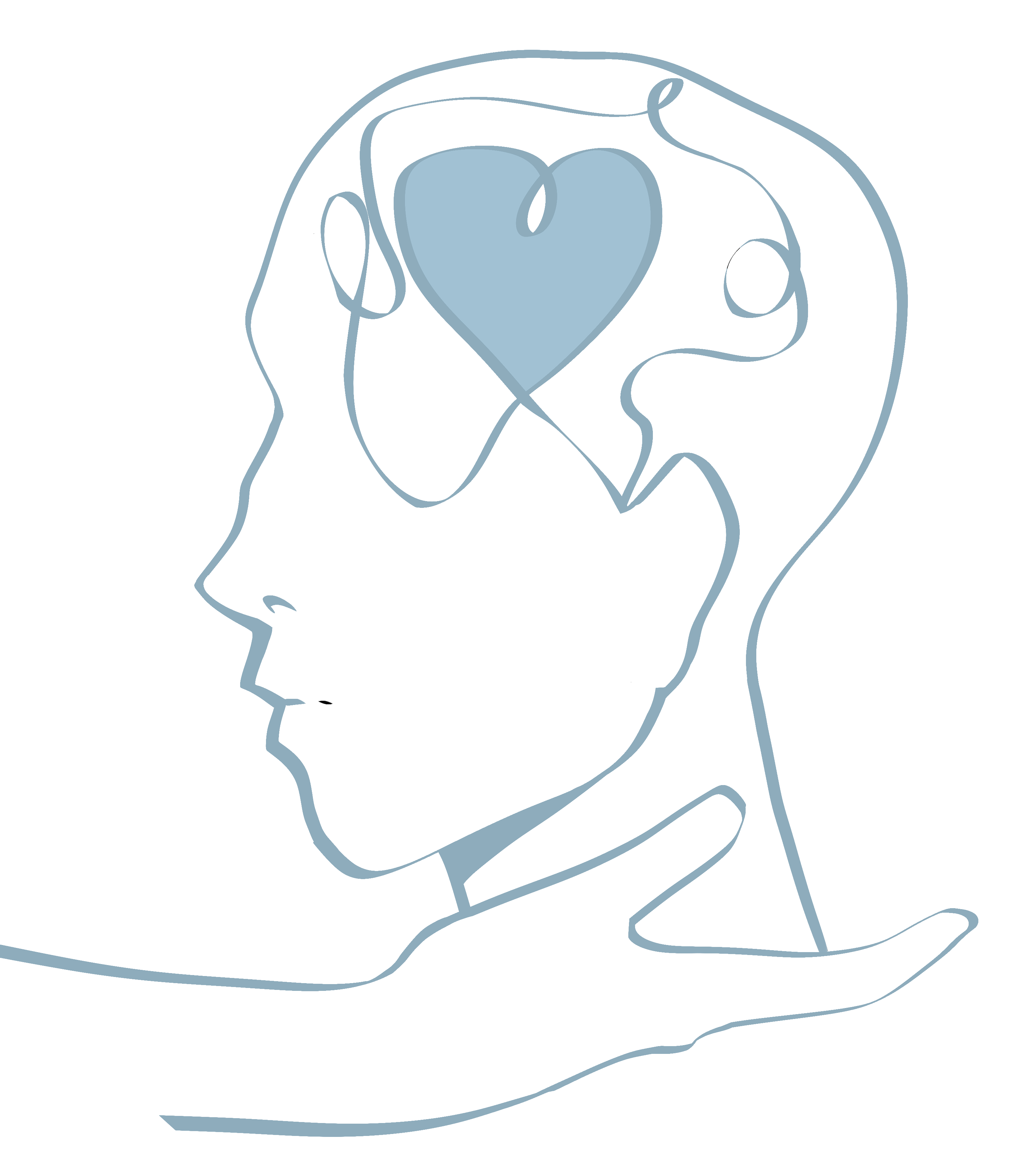Who am I?
Codependency is the tendency to put others needs before your own. Do you find yourself accommodating others to such a degree that you tend to discount or ignore your own feelings, desires and basic needs? Does your self-esteem depend largely on how well you please, take care of and/or solve problems for someone else, or for many others? Do you often ask yourself, “Who am I?” Every person who has any contact with at least one other human falls on the codependent scale in some way. The scale is vast, ranging from complete dependence on others to complete independence. The scale can change frequently dependent on how healthy your relationships are and what outside events are happening in your life. Those who depend on no one look around and wonder how to enjoy a healthy relationship; their world has revolved around being totally independent. These people often say, ” I need no one”. We are not made to be an island, everyone needs someone. Codependents look around and wonder where they can find themselves; their worlds revolved around others and have no idea where their true self has gone.
-
Have there been times in your life that you have neglected yourself?
-
Do people often tell you how thoughtful you are?
-
Is it sometimes hard for you to make decisions? Do you find you sometimes have a difficult time knowing what you want? Or where you want to go in life?
-
Do you have a hard time saying no?
-
Have you ever felt like you’d finally have peace if the people in your life would get their act together?
-
Do you spend a large amount of your thinking time about other people’s problems and needs?
-
Have you ever been in a relationship (romantic or not) where you felt addicted to the other person?
-
Are you drawn to people who need help, but have a hard time receiving help from others?
-
When you make a point to be thoughtful, have you found yourself angry or discouraged if people don’t respond the way you hoped?
-
Do you find yourself focusing more on what you do rather than who you are?
-
Do you find yourself getting frustrated at the people you lead or care for?
-
Do you find it very hard to confront others when the need arises? Do you avoid conflict?
-
Doing for others what they should be doing for themselves?
-
Do you feel a sense of purpose when you’re helping someone?
-
Do you help shield people from the consequences of their bad decisions?
-
Have you found yourself putting up with people mistreating you or taking advantage of you?
Don’t Lose Heart! Change ‘Who Am I?” to “I Know Who I Am”
Don’t get discouraged if you answered “yes” to some, or even most, of these questions. As stated earlier, every person falls on the codependent scale; however there is a “sweet spot” when considering dependence in relationship. It is very healthy to have a mutual caring and giving in a friendship, marriage, or even business partnership; there is always possibility for relationship to become off balance, and for the mutuality to stop. There are many areas that relationship can become unbalanced: emotionally, financially, sexually, physically, and even spiritually. For example, an unexpected event happens and a spouse who must care for the other . Should an accident or crippling illness occur, one must provide, comfort and tend to the other who is in no position to reciprocate.
Any time one person gives more than the other there is the potential for the giver to feel resentful, taken advantage of, lonely, depressed, angry, or neglected. Those struggling with neglecting themselves while caring for others often feel in a stuck; part of them loves giving and being needed, as the other part of them feels trapped into caregiving and providing.
If you find yourself asking, “who am I?” If you would like to start on your own path to self-discovery, freedom, and fulfilling relationships please contact us to schedule an appointment. We can help you learn how to navigate healthier relationships and find who you really are.

